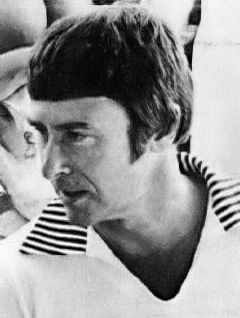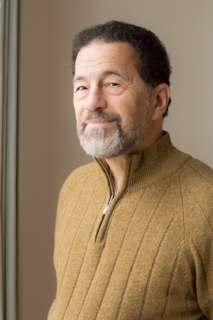A Quote by Gerard K. O'Neill
Dictators have always played on the natural human tendency to blame others and to oversimplify.
Related Quotes
Here is my advice as we begin the century that will lead to 2081. First, guard the freedom of ideas at all costs. Be alert that dictators have always played on the natural human tendency to blame others and to oversimplify. And don't regard yourself as a guardian of freedom unless you respect and preserve the rights of people you disagree with to free, public, unhampered expression.
A typical leader has - a natural tendency is to be defensive in the face of a crisis. The first reaction is to blame someone - or something - else. Often, the blame is aimed at something abstract or non-controllable, which often has nothing to do with the crisis but is adjacent to whatever is going on, so it's an easy target.
Trump's tendency is to rub shoulders with dictators. We have seen this with his attitude toward Russia and also toward the present dictatorship in Egypt. He might start to cozy up to the Gulf dictators as a way of trying to scare the Iranians. This could lead to a naval confrontation in the Persian Gulf.


































